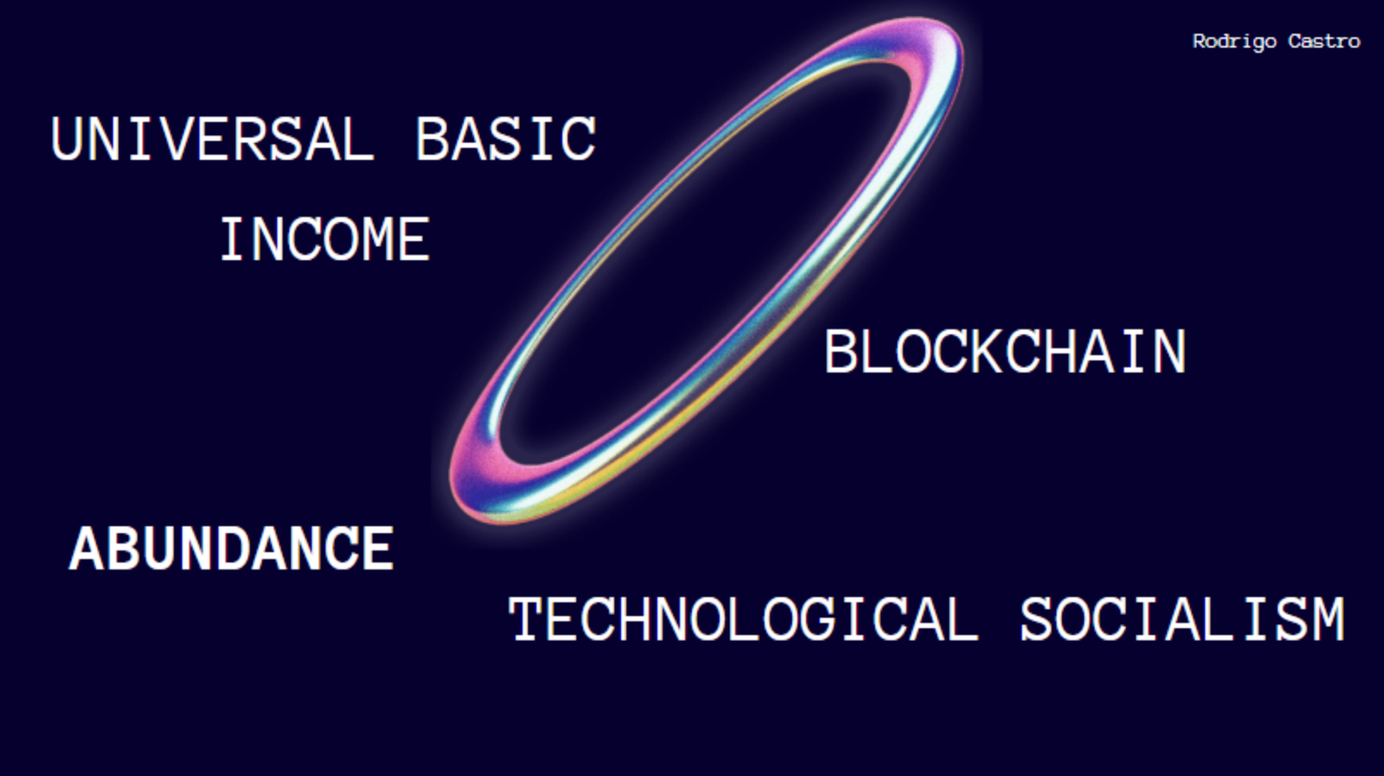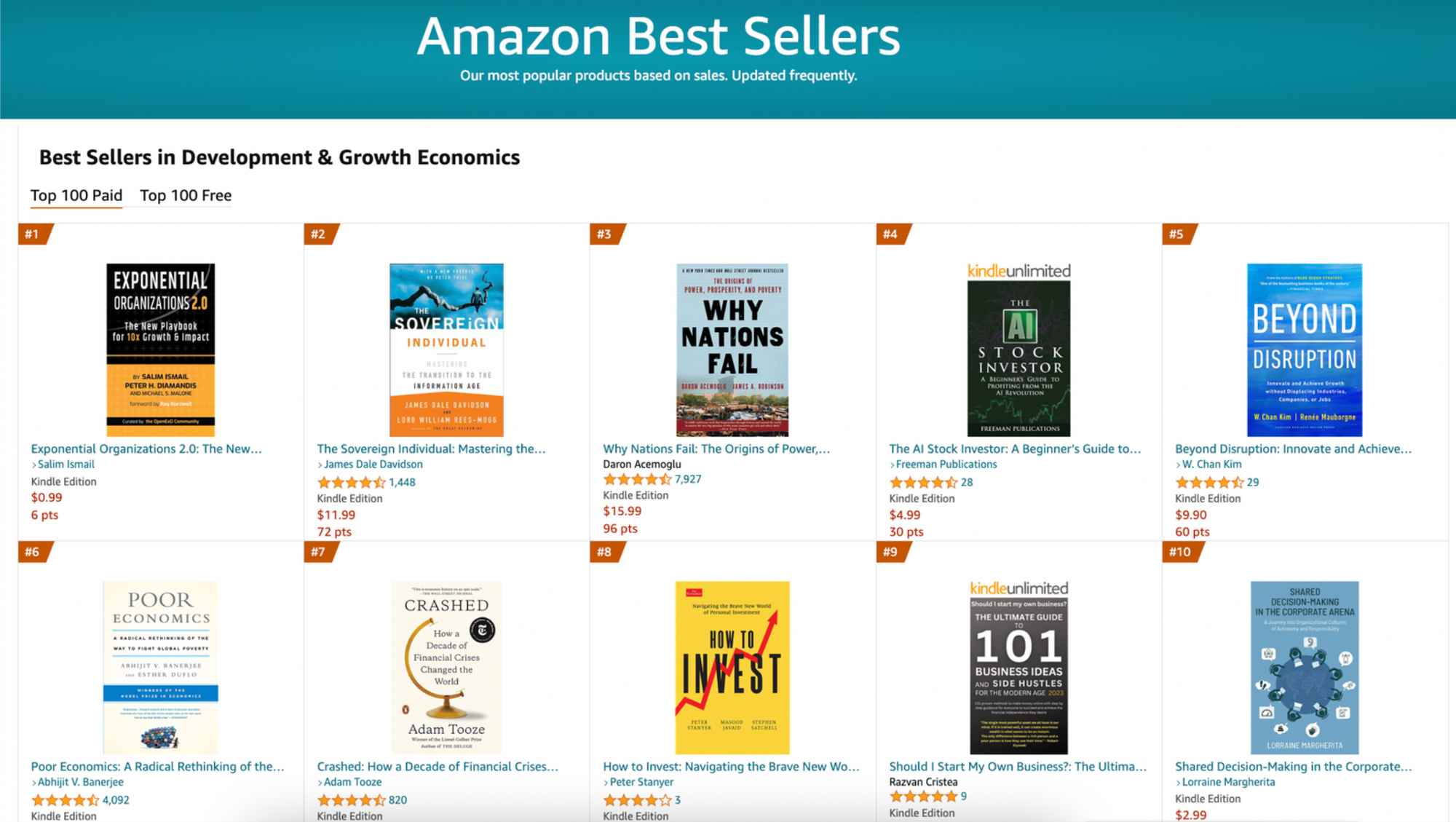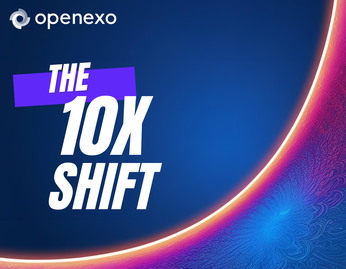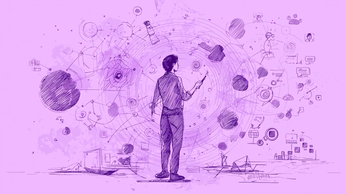
Abundance, Universal Basic Income, Blockchain, and Technological Socialism
The rise of abundance has led to a 'productivity explosion' driven by technological advancements, significantly increasing output per input unit across various sectors and ushering in a new era of material abundance.
On the threshold of a new era marked by rapid technological advances, the concepts of "abundance," "robotization," and blockchain technology have become critical drivers of economic debates. One of the emerging ideas that is gaining momentum is that of Universal Basic Income (UBI). This system guarantees a minimum income to all people, regardless of their employment status. This article explores the implications of abundance and UBI for our society, highlighting the concept of technological socialism as a genuinely transformative alternative economic paradigm. However, it also emphasizes the importance of considering these transformative ideas' inherent challenges and opportunities.
1. The rise of abundance
Humanity has reached a tipping point. The transformative power of critical technologies such as robotics, artificial intelligence, renewable energy, and biotechnology is ushering in a new era of material abundance. For the first time in history, we can produce virtually unlimited goods and services at a fraction of their cost.
The catalyst behind this abundance is a phenomenon known as the 'productivity explosion.' Fueled by exponential technological progress, productivity - the measure of output per input unit - is skyrocketing across various sectors. Robots and artificial intelligence systems are taking over an increasing number of tasks with lightning speed, pinpoint accuracy, and unmatched efficiency.
This increase in productivity has profound implications. Scarcity, a defining characteristic of the human experience for millennia, gives way to abundance. The marginal cost of production of many goods and services is plummeting, lowering prices, and making them accessible to an increasing number of people around the world.
Consider the case of solar energy. In the last decade, the cost of photovoltaic solar panels has fallen by more than 80%, making solar energy one of the cheapest forms of electricity generation in many parts of the world. Similarly, the costs of genetic sequencing have dropped from $100 million per genome in 2001 to just a few hundred dollars today, opening new frontiers in personalized medicine and biotechnology.
This abundance goes beyond material goods. The digital revolution has given rise to a world of infinite information and entertainment available to anyone with an Internet connection. Today, one smartphone contains more computing power than the entire U.S. government in 1969. Platforms such as Wikipedia, YouTube, and open-source software have made vast treasure troves of knowledge and creative expression available to everyone.
2. The rise of technological unemployment
While the advent of abundance presents immense opportunities, it also poses significant challenges. Chief among them is the threat of widespread technological unemployment, as robots and artificial intelligence systems increasingly displace human workers in various sectors.
Advances in robotics and artificial intelligence are enabling the automation of a growing range of tasks that were once the exclusive domain of human labor. Autonomous vehicles are poised to disrupt the transportation and logistics sectors, self-checkout kiosks are replacing cashiers in retail, and conversational AI is handling customer service queries that previously would have required a human agent.
The scale and pace of this automation is staggering. A 2013 study by researchers at Oxford University estimated that 47% of total U.S. employment is at risk of automation in the coming decades. Another analysis by the McKinsey Global Institute concluded that up to 30% of the global workforce could be displaced by automation between now and 2030.
The impact of this technological unemployment will be uneven, with low-wage, repetitive jobs being the most vulnerable. Truck drivers, factory workers, and clerical staff are among the occupations most at risk of automation in the near term. However, even highly skilled professions such as law, medicine, and finance are beginning to see the encroachment of AI-driven systems that can perform specialized tasks with superhuman speed and accuracy.
3. Arguments in favor of a Universal Basic Income
Faced with the specter of mass technological unemployment, the idea of a Universal Basic Income (UBI) has been gaining traction as a possible policy response. This is a periodic cash payment provided by the government to all citizens, regardless of income, with no strings attached.
Proponents of the RBU argue that it is an essential tool to address the social and economic disruptions caused by technological abundance and automation. By providing a guaranteed minimum income, the RBU would ensure that all members of society can meet their basic needs and maintain a decent standard of living, even in the face of widespread job displacement.
Moreover, proponents of the RBU argue that such an income would rescue human potential and stimulate innovation by freeing people from the need to find gainful employment. Once their basic needs are met, people could engage in entrepreneurship, creative endeavors, caring responsibilities, or other socially valuable activities outside the traditional labor market.
Among the most prominent supporters of the UBI are tech luminaries such as Elon Musk, Mark Zuckerberg, and Bill Gates, who recognize that the economic disruption caused by automation will require bold, forward-looking policies. Experiments with RBU have been launched in several countries, including Finland, Canada, and India, providing valuable data on its real-world impact.
However, opponents of the RBU argue that it would lead to harmful "social stagnation" by removing the "incentive" for people to work and contribute productively to the economy. They say that a basic income would disincentivize participation in the labor market, slow economic growth, and place an undue burden on taxpayers.
Critics are also concerned that the UBI may reduce the overall standard of living, as the cost of providing a meaningful basic income would likely force tax increases or reductions in other social services. Given the logistical and political challenges involved, there are doubts about the feasibility of implementing a universal basic income on a large scale.
4. Towards a new economic paradigm
As the debate over Universal Basic Income continues, the confluence of abundance, robotization, and blockchain technology is ushering in a fundamental shift in the global economic paradigm. The traditional model of scarcity-based capitalism, in which human labor is the primary driver of value creation, is giving way to a new paradigm characterized by material abundance and decentralization of economic power.
In this new paradigm, the roles of the individual and the state must be rethought. The idea of "technological socialism"—in which a state is no longer needed to "manage" the distribution of resources and the coordination of economic activity—may gain ground to meet the challenges posed by automation and abundance.
Let's see.
The rise of blockchain technology has introduced new possibilities for organizing economic and social systems. Its decentralized, transparent, and secure nature has led some to see it as an enabler of "technological socialism," a model that seeks to leverage technology to create a more equitable distribution of resources and economic power.
In this context, Universal Basic Income (UBI) could be considered a vital component of a decentralized, blockchain-based socialist framework. By using blockchain to distribute guaranteed income transparently and efficiently to all citizens, the RBU has the potential to address income inequality and provide a social safety net in the new era.
However, there is a potential paradox. Although blockchain-based UBI aligns with the socialist principle of collective ownership and equitable distribution, it is based on a highly decentralized, market-driven approach, which may seem contradictory to traditional socialist models that emphasize centralized state control of the economy.
This paradox highlights the inherent tension between decentralization and centralization in the context of economic and social systems. On the one hand, the distributed nature of blockchain promises to empower individuals and communities to take greater control over their financial lives. On the other hand, the lack of centralized authority raises questions about how to ensure fairness, stability, and cohesion within such a framework.
Navigating this paradox will require careful consideration of how to strike the right balance between individual freedom and collective well-being. It may involve exploring hybrid models that combine elements of decentralized and centralized governance or finding ways to maintain the decentralized principles of blockchain while establishing appropriate safeguards and coordination mechanisms.
5. The stagnation of society: The challenge of progress.
A significant concern with decentralized socialism is that it may stifle individual incentives for innovation and entrepreneurship. Suppressing traditional market-based profit motives could stifle the drive to create new products, services, and business models.
In a fully decentralized system, there may be less coordinated, top-down investment in large-scale, high-risk R&D projects that often drive technological breakthroughs.
The lack of centralized decision-making and capital allocation could hinder the rapid scaling up of promising innovations and their distribution to the general population.
Against this backdrop, it is necessary to consider some palliative measures:
Hybrid models that combine decentralized and centralized elements may be a way to find a balance. For example, a decentralized basic level for distributing resources and social services, with a centralized innovation fund or agency to invest in cutting-edge R&D.
Decentralized incentive structures, such as token economies and prediction markets, could be designed to reward and encourage innovation, entrepreneurship, and risk-taking within the decentralized socialist framework.
Decentralized decision-making processes, such as quadratic voting (a voting method in which voters give ratings to options, and those ratings are squared before votes are counted), could collectively determine investment priorities and allocate resources to innovative projects.
Emphasizing education, skills development, and fostering a culture of creativity and problem-solving could help maintain a spirit of innovation even in a decentralized socialist system.
Ultimately, the viability of decentralized socialism and its impact on innovation will depend on the specific design, implementation, and social context. To determine whether a decentralized socialist model can support ongoing technological progress, it will be crucial to study these trade-offs carefully and develop novel coordination mechanisms.
A delicate interplay between opportunities and threats is necessary for a society to thrive. While the RBU can provide a safety net, creating an environment that fosters personal growth, innovation, and a sense of responsibility is essential.
Conclusion
On the threshold of a new economic era, the interplay between abundance, robotization, and blockchain technology is set to reshape the fundamental structures of our society. The idea of a Universal Basic Income has emerged as a bold and controversial policy proposal, with proponents arguing that it is an essential response to the challenges posed by technological unemployment and critics warning of the potential for "social stagnation."
We are on the cusp of a paradigm shift that will require a fundamental rethinking of the role of the individual and the state. By harnessing the potential of abundance and technological innovation while mitigating their disruptive effects, we can work towards a future in which material scarcity is a thing of the past and all members of society can thrive and fulfill their potential.
In the face of the reconfiguration of our economic landscape, RBU is an imperative consideration, as well as facing the paradox that blockchain technology is a libertarian initiative but, at the same time, an enabler for the implementation of Technological Socialism. It is, therefore, crucial to recognize the importance of striking a balance between economic security and fostering a culture of innovation and productivity. By embracing change, addressing challenges, and promoting opportunities, we can work to create prosperous societies that benefit all people.

Immerse yourself in the game-changing ideas of OpenExO.
Begin your journey here 🎟️ExOPass & 📚Exponential Organizations 2.0
Weekly on Thursdays: Join our weekly ExO Networking calls by Registering here
Participate in the weekly ExO Masterminds sessions by Registering here
ExO Insight Newsletter
Join the newsletter to receive the latest updates in your inbox.








